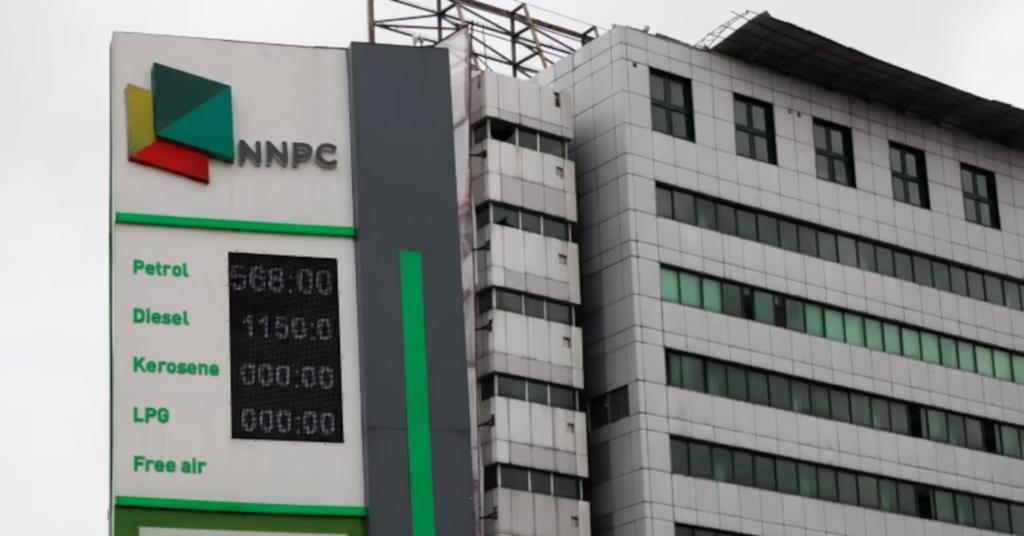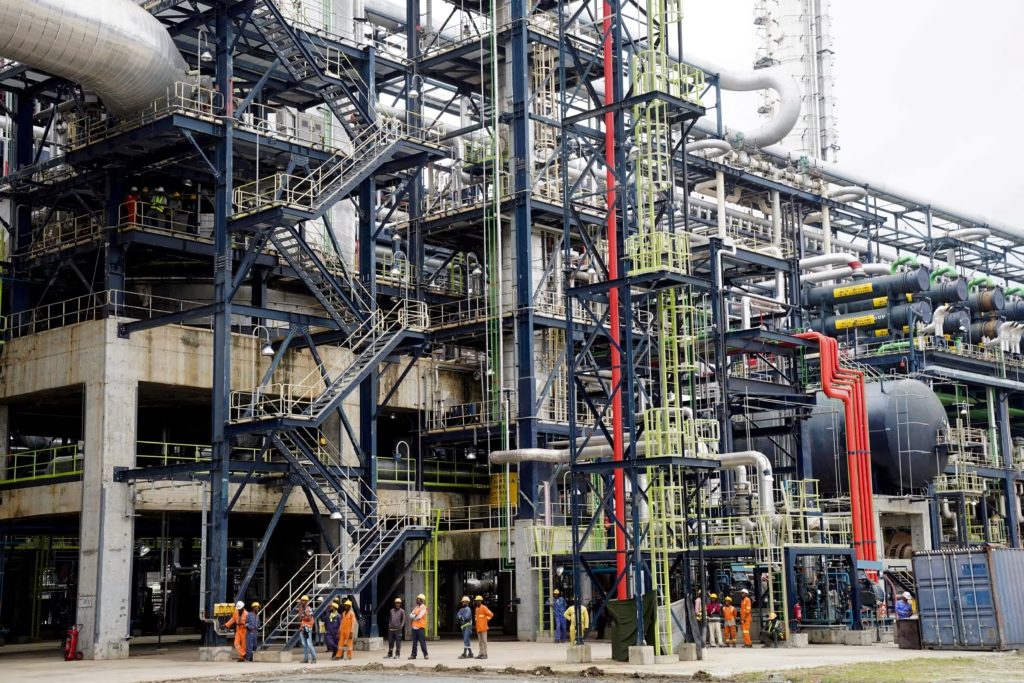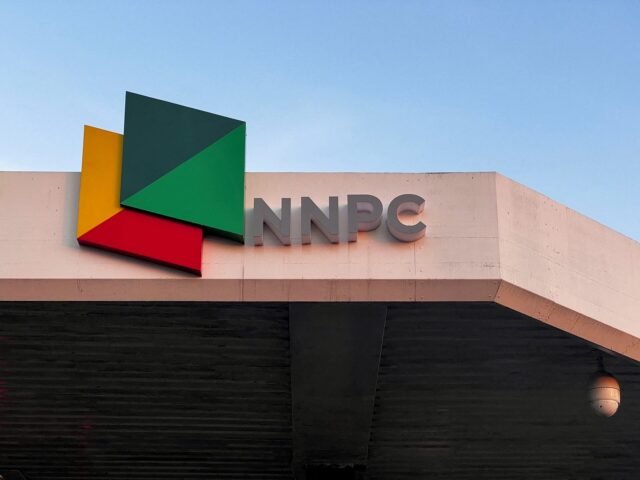The state-owned oil behemoth, Nigerian National Petroleum Corporation (NNPC), is undergoing a significant transformation. At the helm, its Chief Executive Officer, Bayo Ojulari, recently stated that the company has ramped up efforts to enhance transparency as it marches toward the much-anticipated initial public offering (IPO), according to Reuters.
While the IPO has been embedded into Nigeria’s energy legislation since 2021, the firm has yet to cross the finish line. According to Nigeria’s oil law, NNPC is required to list within six months of the law’s passage, an obligation still pending.
“By law, the IPO journey is not optional for us,” Ojulari said, emphasising that openness is now part of the foundation for that journey.
In his address at the ADIPEC 2025 conference in Abu Dhabi, he underlined that publishing monthly performance figures — a process begun in May — is one key way the organisation is building credibility with investors, regulators and the Nigerian public.

Table of Contents
Why It Matters and What’s Changing
NNPC’s drive toward transparency isn’t simply cosmetic — the company is trying to shift how it operates and how it’s perceived. For years, Nigeria’s oil and gas sector has faced questions around accountability, subsidy leaks, refinery inefficiencies and governance. By pledging regular disclosures and clearer reporting, NNPC aims to address some of those concerns head-on.
From May this year, monthly performance updates have been made public, marking a clear change in practice. This signals a gesture toward greater openness.
Ojulari also revealed that the corporation is working to increase its stake in the Dangote Petroleum Refinery to 20 per cent — a move that underscores its strategic ambitions. The refinery, Africa’s largest, launched operations last year but has stuttered amid intense competition from imports.
Furthermore, NNPC is actively seeking technical equity partners to revive its own three idle refineries — an acknowledgement of structural challenges.

The IPO Clock and the Road Ahead
The IPO obligation comes from the Petroleum Industry Act 2021 (PIA) passed four years ago. Yet despite this legal mandate, the listing remains on the drawing board. According to Ojulari, the path is set, but no definitive timeline has been given..
What this means is: the NNPC is signalling to both domestic and international investors that it is aligning its operations with market expectations. Publishing monthly figures is one tangible step. But the IPO remains the critical milestone which would open the company to broader ownership and scrutiny.
In practical terms, success will depend on whether the firm can address lingering reforms: clearer financial flows, governance oversight, refinery productivity and competition with imports. For the Nigerian economy, the implications are substantial. A successful IPO could unlock value, improve transparency in the oil industry and send a strong message to the global investor community about Nigeria’s willingness to reform.

Challenges and Stakes for Nigeria
While NNPC’s renewed transparency efforts are commendable, the road ahead remains fraught. The question remains whether structural issues that have long plagued the firm — such as outdated infrastructure, subsidy burdens, import dependence and governance deficiencies — can be resolved in time for listing.
There is also a matter of market perception: will investors believe the transparency pledges and convert trust into capital? Will the Nigerian public see this as meaningful reform, not just rhetoric?
For a nation where oil revenues matter deeply for government budgets and development plans, the success of this transition is far from academic. If NNPC can pull it off — become more open, more efficient and ready for the public markets — it could reshape Nigeria’s role in global energy, create new flows of capital, and set a precedent for other state-owned entities. For now, however, we’re in that crucial bridge phase: from law to listing, from opaque to open, from old model to new.
In that respect, the journey of NNPC may become a litmus test: not just for one corporation, but for the broader Nigerian economy and its reform trajectory.
Join Our Social Media Channels:
WhatsApp: NaijaEyes
Facebook: NaijaEyes
Twitter: NaijaEyes
Instagram: NaijaEyes
TikTok: NaijaEyes





